If munching on gum is your way of activating your thought process but are worried about the side effects of that chewing gum, then you are going to be pleasantly surprised. Experts say that it can be in fact good for your oral health but with conditions applied. So read below to know what is best for your pearly whites
What is this gum?
An attractive alternative to candy, chewing gum is loved by people of all ages. Where children love the burst of juicy, tangy flavor, adults like it for the freshness factor.
Chewing gum is a blend of elastomers, resins and waxes in variable proportions. Artificial sweeteners such as Aspartame, Sorbitol or Mannitol are used. It may also typically contain softeners, flavouring and coloring agents
Sugarless Gums.
According to Dentzz reviews, the sugar-free gums contain artificial sweeteners such as Aspartame and Acesulfame potassium both of which are regarded as safe by FDA. Xylitol is the best of artificial sweeteners; however, it’s a bit pricey compared to others.
The Exact Physiology
It’s a well-known fact that our oral cavity is home to thousands of bacteria. These form colonies on our teeth and are visible in the form of dental plaque, a white coloured soft deposit.
These bacteria also love sugars the way we do. They breakdown the sugars to make energy, however, the drawback is the production of acid in the process. These acids then further breakdown the enamel of your tooth by dissolving the calcium in it. The result – caries or more commonly known cavities.
Thankfully, we have saliva to our rescue which washes away these bacteria and prevent caries. So when you chew gum, this saliva production is stimulated which prevents these bacteria from sticking to your teeth. Saliva also contains neutralising agents that counteract the acid also produced, the calcium and phosphorus present in it help in remineralizing the tooth.
Some artificial sweeteners such as Xylitol have an inhibitory effect on bacterial adhesion, i.e. it prevents bacteria from sticking to the tooth surface thus directly preventing cavities
Some chewing gums also contain additional therapeutic agents that may prevent gingivitis and reduce plaque as well
So, now you know that sugarless gums are best for you.
Don’t replace brushing and flossing with chewing gum
Chewing gum can only act as a supplement or adjunct to your daily oral hygiene regimen but cannot ever replace it.
Dentzz reviews says that brushing twice daily with fluoridated toothpaste and flossing your teeth once a day with regular floss or interproximal cleaners is the best way to protect your pearly whites.
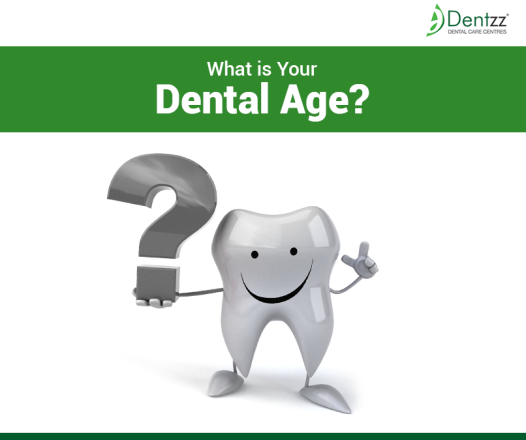
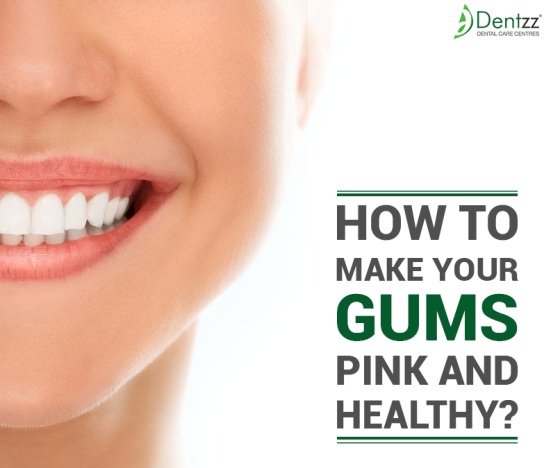
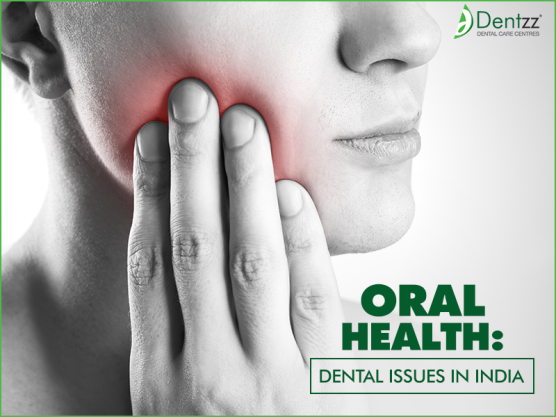
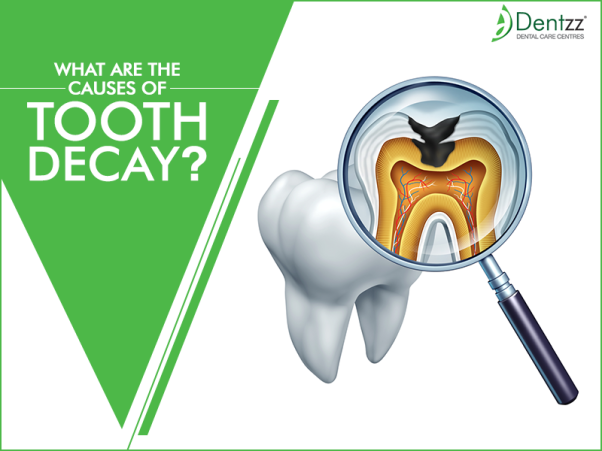
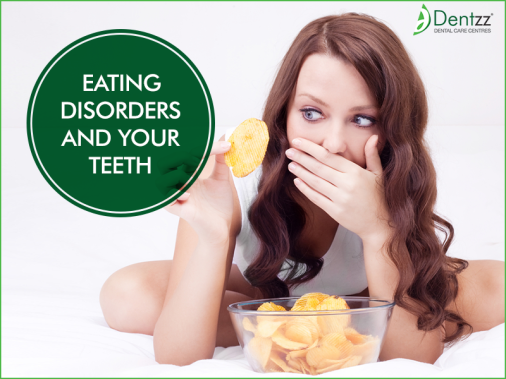
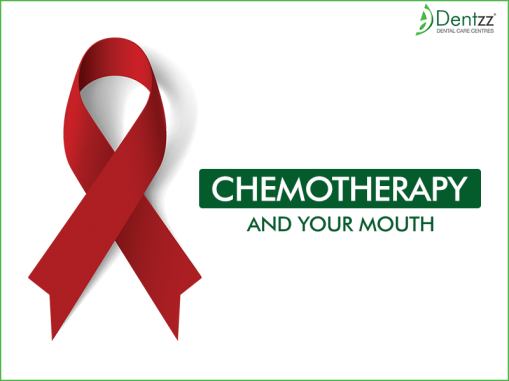
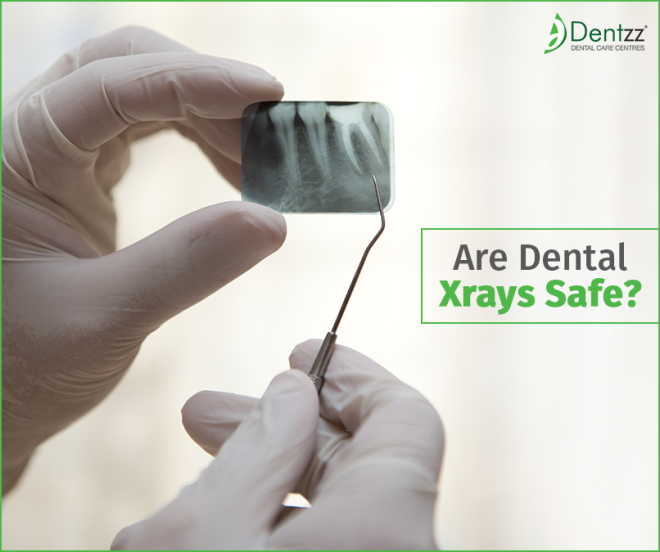
You must be logged in to post a comment.